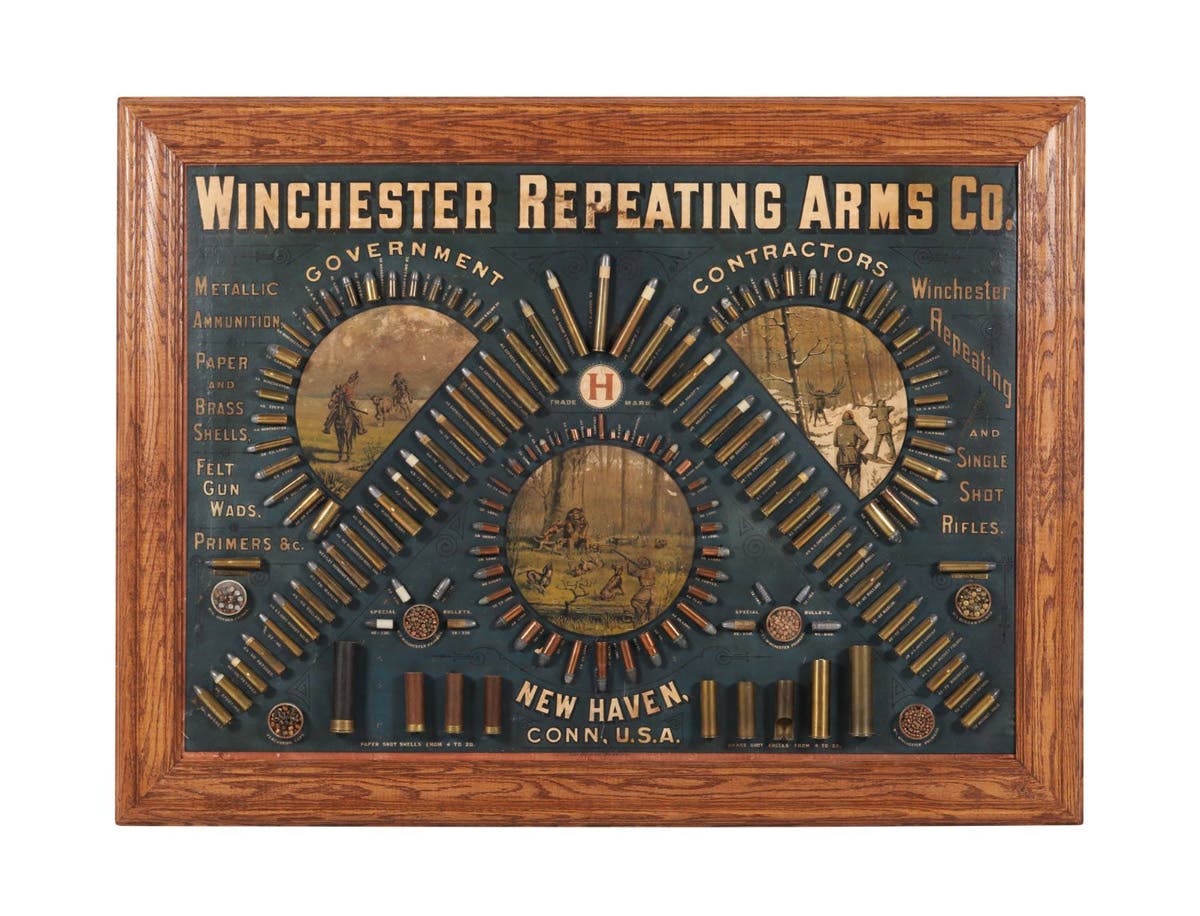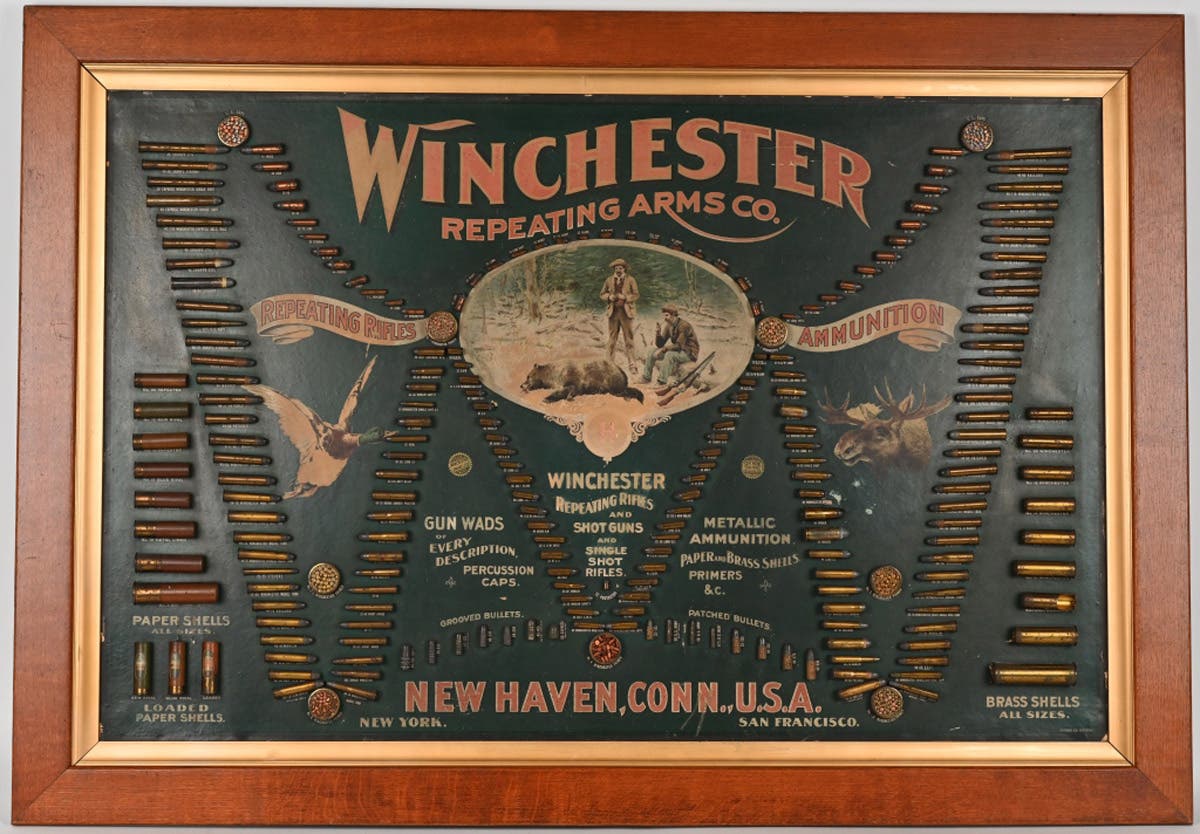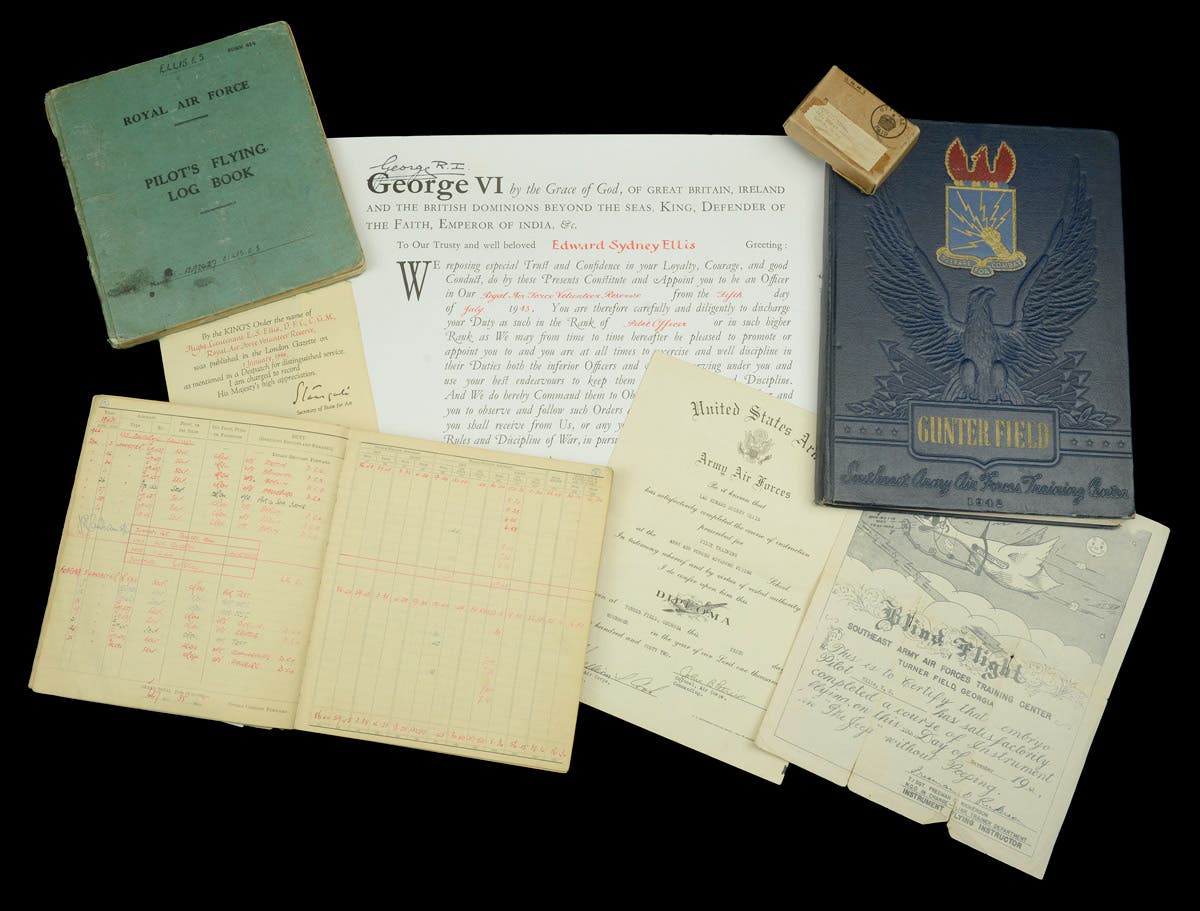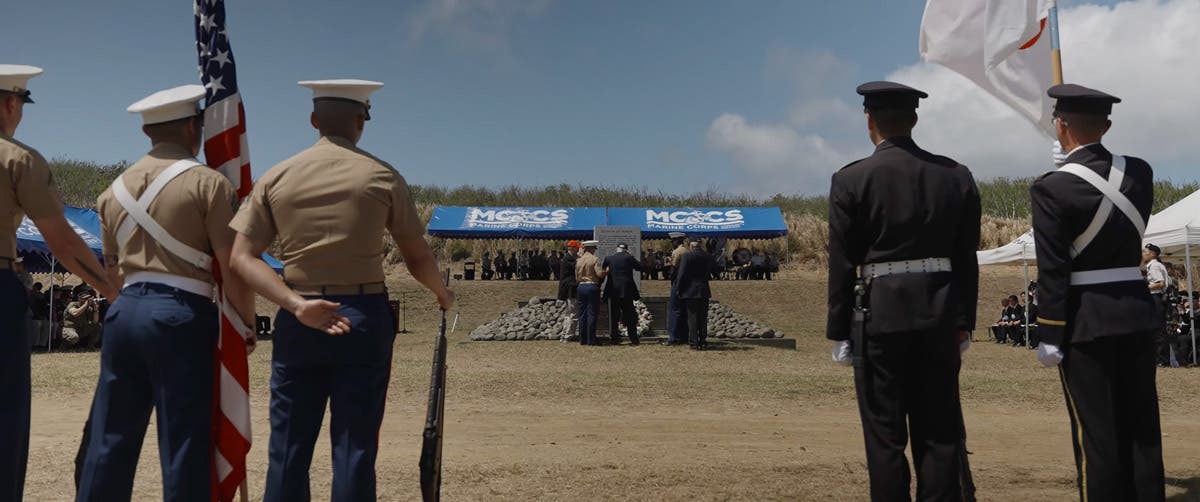Before helping to sell a collection, consider this.
Selling someone else’s collection of relics, antiques, vehicles, or militaria doesn’t have to be difficult. These four tips will help you sell the collection, make a profit, and preserve your friendship.
“I've been asked by a good friend to sell some family papers for her,” a recent email began. “They are personal papers of a Major General and comprise material from his time at West Point to his death in 1944. There is a lot of stuff, correspondence with FDR, many scrapbooks, and hand written material relating to the training of an armored division.” The writer continued, “I have only just started reviewing the material but was wondering if you could provide any guidance for me in my efforts to sell it.”
Though the details vary, this is a common sort of correspondence that comes across my desk. Generally, the correspondence comes from a well-meaning person who is going to help a widow of a collector or someone else who wants the advice of “an expert.”
My advice is usually the same: Identify what you have, determine how you want to sell it, and establish a timeline for the project to come to some sort of conclusion. While the advice is essentially the same, selling an “archival” collection (that is, a collection of primarily documents) is much harder and requires even more effort than if you were asked to sell a collection of rifles, helmets, or Jeeps
It all begins with identifying what you have.
This can be a long process, but it goes a long way to maximizing the revenue. A good inventory lets a prospective buyer know what it is there, but also lets him know that YOU know what is there.
Decide HOW you want to sell it:
a. Piece by piece is a long process, but you will maximize the return.
b. As a group makes the process short, but generally results in less money. Dealers who buy collections tend to buy below wholesale.
Decide on your cut of the pie BEFORE you take on the project
Prepare a written agreement with the owner. Selling someone else's collection is a huge commitment. If you don’t have a formalized agreement before you begin to work on it, the tension can sometimes result in some very hard—often irreparable—feelings.
Too many enter into one of these projects believing they are "helping a friend" to sell a collection. Invariably, it turns out to be longer and more work than ever imagined. Make sure you make an allowance to be compensated for your efforts, that the owner of the collection agrees to the terms before you start.
Your formal agreement should also compensate you if nothing sells or just a portion of the collection sells You still need to have an agreement for your time and effort.
Marketing the collection can often involve more time and effort than you might imagine.
Finding a buyer for a collection can often take months.
For example, archival collections can often be very slow sellers. An archival collection needs more than famous signatures to make it marketable. It needs famous signatures on original, interesting documents to make an archival collection desirable. Just a Patton signature isn't that rare, but a Patton signature ordering troop movements to Bastogne would hold some heavy value.
If money isn't a factor and this is a collection belonging to one person, consider a donation of an archival collection to the soldier’s alma mater or to the US Army Museum in Carlisle, Pennsylvania. With archival collections, the historical significance often outstrips the monetary worth. Keeping the collection intact is a good way to serve the memory of the soldier and future scholarship.
Hopefully, this advice will give you the information you need to make a decision about getting involved in the sale of the material and then moving forward. But remember, even though you will be selling historic material, the stories about the soldiers who used the material are what truly makes a collection “valuable”—regardless of the price tag on it.
RELATED:
*As an Amazon Associate, Military Trader / Military Vehicles earns from qualifying purchases.
John Adams-Graf ("JAG" to most) is the editor of Military Trader and Military Vehicles Magazine. He has been a military collector for his entire life. The son of a WWII veteran, his writings carry many lessons from the Greatest Generation. JAG has authored several books, including multiple editions of Warman's WWII Collectibles, Civil War Collectibles, and the Standard Catalog of Civil War Firearms. He is a passionate shooter, wood-splitter, kayaker, and WWI AEF Tank Corps collector.







